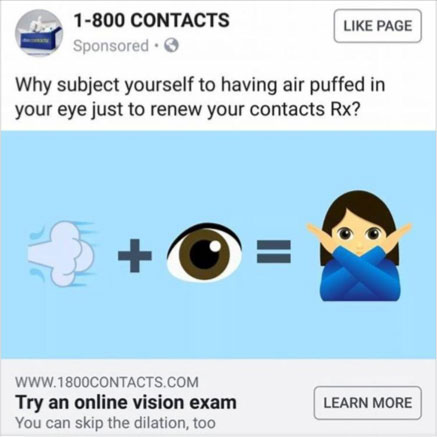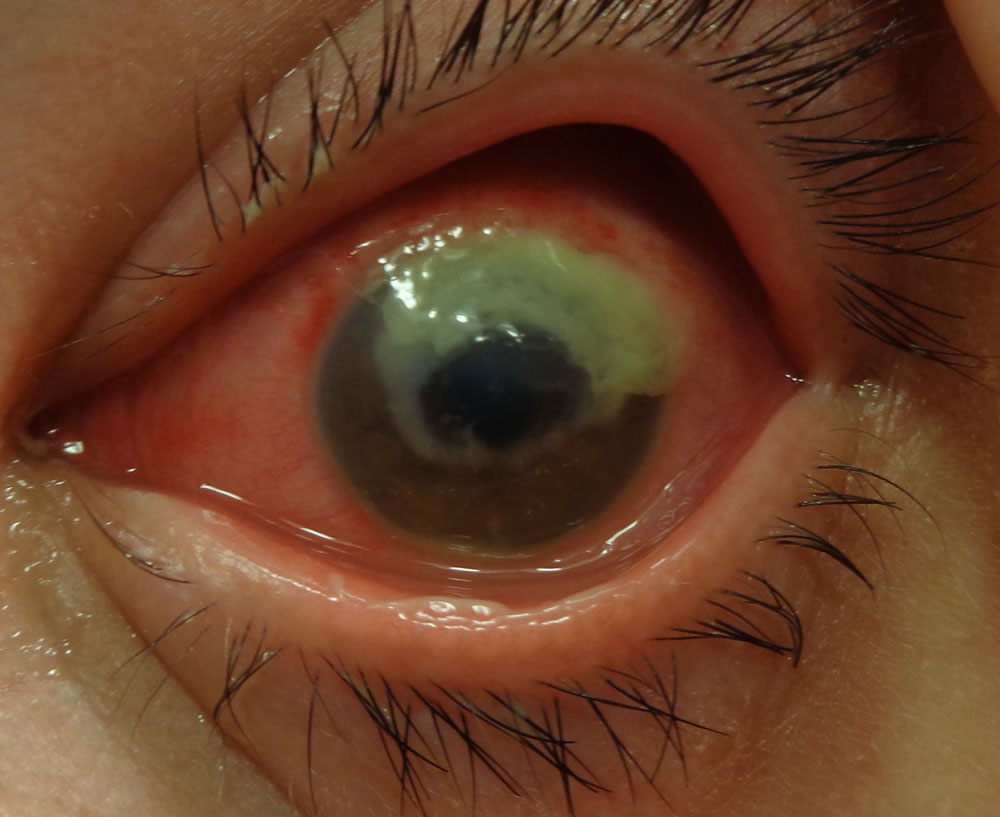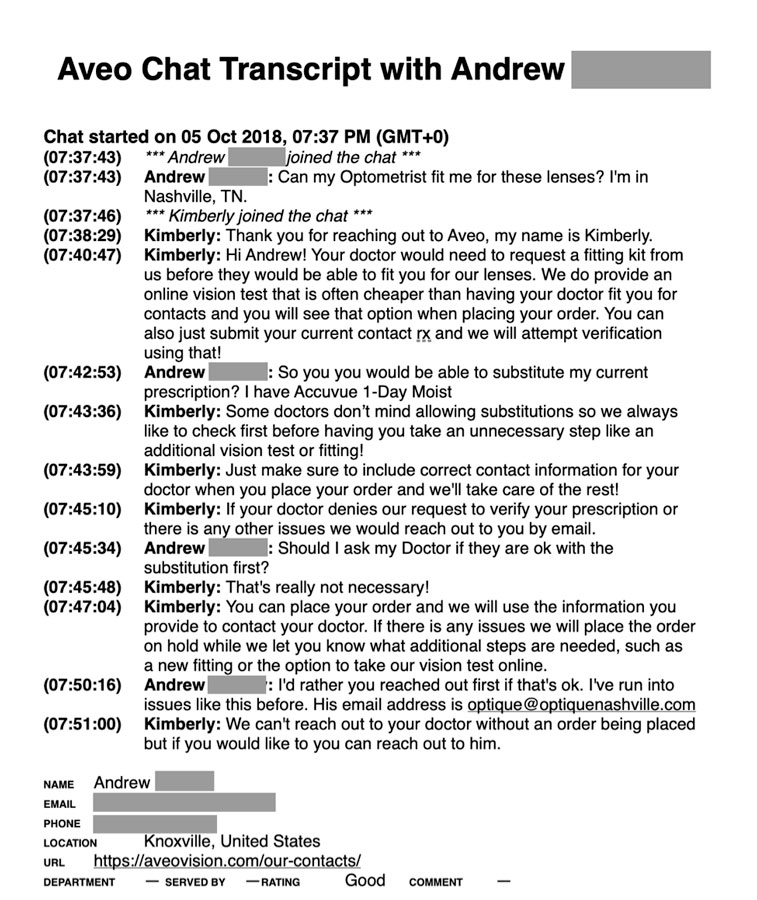There has never been a better time in America for entrepreneurs to create start up companies. Online platforms, such as Shopify, Square and Amazon Web Services, make it easy to interact with the companies they are associated with, and funding mechanisms, including Kickstarter and IndeGoGo, make it easy to raise money to fund business endeavors.1 Start ups are everywhere you look. Consequently, our culture has evolved to prioritize convenience over value.
A Threat to Patients
Overnight, three scooter companies recently dumped thousands of scooters onto the streets of my hometown, Nashville. Initially, people loved the convenience, low cost and accessibility of this mode of transportation. Over time, however, it became clear that the scooter companies were not working with local leadership to enforce the safety of scooter riders. Their half-hearted attempts to ensure riders used helmets, drove safely and followed the rules of the road fell on deaf ears. Every night on the news, I watched videos of drunk scooter riders flying over car hoods, hitting pedestrians on sidewalks and blowing through red lights into cross traffic. The local academic medical center started reporting astronomical increases in rates of head injuries due to scooter accidents. Only after a well-publicized death from a scooter accident did the city start to consider banning scooters. This problem is characteristic of similar concerns occurring in health care, specifically in optometry, that are leaving patients equally vulnerable to safety issues.
In the health care sector, a growing tide of websites and apps allows the public to diagnose and treat themselves without doctor oversight. Some areas of medicine are pushing back, citing the dangers of unmonitored self care as reasons for their resistance. The FDA is telling the public not to use untested and unapproved apps to diagnose concussions without assistance from a doctor.2 Midwives are cautioning expectant mothers to stay away from baby heart monitor apps.3 Physicians are warning patients to steer clear of direct-to-consumer websites supplying drugs without requiring a prescription.4
In the contact lens field specifically, there is no shortage of companies not abiding by or adhering to the law. For years, optometrists have complained that 1-800 Contacts uses loopholes in passive verification methods to accommodate expired prescriptions and provide lens quantities in excess of prescription durations. With more severe consequences than ever before, the online vendor is now actively marketing the ability to skip in-office eye assessments by encouraging consumers to renew their contact lens prescriptions online.5
 |
This is an example of a Facebook advertisement used by 1-800 Contacts to promote the company’s online contact lens prescription renewal platform. |
Making it possible to renew contact lens prescriptions online, 1-800 Contacts partnered with Visibly.5,6 Visibly operates by obtaining a patient’s prescription, giving them a do-it-yourself sight test and renewing their prescription. Ophthalmologists work with the company to issue these renewals. Most ophthalmologists and consultants who understand why contact lenses are class II and III medical devices would agree that this is not a good idea. But there are those who tend to value convenience and cost over annual exams and eye care.7
These direct-to-consumer contact lens companies exploit loopholes in the passive verification process as part of their business strategy, essentially working around lens prescriptions altogether. Many optometrists criticize Hubble as the main culprit and are unwilling to prescribe the company’s lenses due to the poor quality of their material, methafilcon A.8,9 Third-party Vision Path “verifies” Hubble’s prescriptions but prefers leaving one-way voicemails and not providing prescription verification information directly to office staff, likely because the company knows its requests will be denied.
ODs Take ChargeIn an effort to equip optometrists with tools to compete from a business perspective, I teamed up with a business strategist/entrepreneur to launch Eyeris. The company’s aim is to help optometrists go head-to-head against disruptors by offering services that seek to neutralize their advantages. Patients want quick access to eye care, so we created software that matches people seeking same- or next-day appointments with practitioners who have openings due to cancellations or no-shows. This safer alternative to online vision tests provides patients with quality care, but on their schedules. Patients also want affordable lenses they can order online, so, later this year, Eyeris will debut a daily disposable that will only be available with doctor oversight and cannot be substituted for another lens. Patients can order it online from Eyeris, but the doctor maintains control over the process—and the margins, just as if they sold it in their office. We also believe our pricing advantage will keep patients from looking to other online outlets. Only time will tell, but we feel Eyeris can shift the way optometrists do business and help them compete with the tide of disruption. |
Advocacy Efforts
Many organizations are fighting to counter the backwards narrative online contact lens sellers are feeding to consumers that convenience and cost should supersede eye care and the doctor-patient relationship.
The American Optometric Association (AOA) is leading the fight on behalf of optometrists and our patients. Joining the AOA’s unparalleled advocacy efforts helps ODs protect patients from insurance companies, corporations and even themselves. The AOA encourages those with questions about contact lens violations to submit them to stopillegalcls@aoa.org and those with complaints to report them to the FTC or FTA at www.accessdata.fda.gov/scripts/medwatch or www.accessdata.fda.gov/scripts/email/oc/buyonline/english.cfm.10
The Health Care Alliance for Patient Safety (APS) is a newer advocacy organization that promotes the doctor-patient relationship and consists of AOA members specifically and the contact lens manufacturing industry in general as well as a vision insurance plan and a technology start up. The organization is supporting two bills in 2019 designed to shift the focus of contact lens sales back to being patient-centric. The APS is also working to educate lawmakers on the hazards of lax oversight of contact lenses.
 |
This patient suffered a corneal perforation due to a Pseudomonas ulcer from ordering contact lenses online without doctor oversight. |
Fighting Back
Every optometrist can make several changes in their practice to ensure they are providing the best care to their patients: offer convenience, provide patient education and differentiate their services and products.
Online sellers may have an edge when it comes to convenience, but it is time to close the gap. We can no longer continue to do business the same way we have done it for the past 20 years. If your staff is communicating with patients by calling them, then it may be time to modernize your practice. Text messages outrank phone calls as the dominant form of communication with millennials.11 If patients are unable to order contact lenses through your website, it may be time to look into adding this service.
These additions, plus allowing patients to conveniently schedule their appointments online, making sure you are not running behind and maximizing chair time, will hopefully sway patients away from taking the online vendor route. Implementing these strategies into your practice is easy with optometry-friendly companies that can help you advertise these features on your website and in your practice.
 |
Read this transcript of an interaction between a patient and direct-to-consumer contact lens company Aveo. |
Optometrists used to perform a battery of tests without explaining what they were or why they were doing them. Those days are long gone. Now, patients have options, and if they are not getting what they need or want from you, they will go elsewhere to find it. Patients must be armed with extensive, comprehensive eye care knowledge so that when 1-800 Contacts calls for them to “skip the air puff test,” they know what the test is and why it is important and can make an educated decision for themselves. It may seem like some patients do not care about or understand the information we have to offer.
However, how you communicate with them makes a huge difference—if it is not effective or clear, you are right back to square one. Sometimes patients need to hear the consequences of skipping a test or exam, turning down treatment or misusing a service or product for the importance of annual eye care to truly sink in. Make every visit meaningful for patients so that they have something to take away and are that much more likely to return next time.
Not every patient is an optimal candidate for off-the-shelf contact lenses. Patients with high ametropia or high astigmatism may be better suited for hybrid lens wear, for example, due to their higher Dk, customizable base curve, centration abilities and lack of a need for rotational stability. Patients with specific ocular problems require specific solutions that online vendors cannot fulfill. If you offer a service or product that can not be or is not easily replaced or replicated, patients will seek you out when they are in need. Set yourself apart from others and give patients a reason to go to you first, every time.
| To listen to a call between a Hubble employee and a member of my staff, click here. |
Many companies have priorities that compromise consumer safety, as was the case with the scooters in Nashville. Many organizations do not understand or respect quality eye care; but, the good news is that many organizations also advocate for the doctor-patient relationship and the highest standard of clinical eye care. The OD is at a turning point in the evolution of eye care. Instead of succumbing to a future narrative dictated by companies that do not have patients’ best interests in mind, we should adapt the way we practice to stay ahead. As long as what we have to offer is valuable and unique to patients, we will remain a central part of the equation.
Dr. Sonsino is a partner in a specialty contact lens and anterior segment practice in Nashville, Tenn. He is a diplomat of the Cornea and Contact Lens section of the American Academy of Optometry and the past chairman of the Cornea and Contact Lens section of the American Optometric Association. He co-founded Eyeris, which launched at the 2019 AOA conference.
| 1. Reeves J. Why it’s easier than ever to be an entrepreneur. Business Insider. www.businessinsider.com/why-now-is-the-best-time-to-start-a-company-2014-10. October 22, 2014. Accessed June 25, 2019. 2. Wicklund E. FDA targets DIY mHealth devices aimed at concussions, head injuries. mHealth Intelligence. mhealthintelligence.com/news/amp/fda-targets-diy-mhealth-devices-aimed-at-concussions-head-injuries. April 11, 2019. Accessed June 25, 2019. 3. Coates L. Senior midwife begs pregnant women not to use ‘extremely dangerous’ baby heart monitor apps. Eastern Daily Press. www.edp24.co.uk/news/health/jpuh-midwife-warning-over-extremely-dangerous-app-1-5962093. March 27, 2019. Accessed June 25, 2019. 4. Yarbrough JL. The dangerous side effect of digital wellness. Fashionista. fashionista.com/2019/03/digital-health-wellness-companies-government-regulations. March 20, 2019. Accessed June 25, 2019. 5. 1-800 contacts launches online eye exam powered by Opternative. Vision Monday. www.visionmonday.com/latest-news/article/1800-contact-launches-online-eye-exam-powered-by-opternative-1/. August 1, 2016. Accessed June 25, 2019. 6. Opternative changes name to ‘Visibly’ to better reflect a move toward partnerships. Vision Monday. www.visionmonday.com/latest-news/article/opternative-changes-name-to-visibly-to-better-reflect-a-move-toward-partnerships. December 11, 2018. Accessed June 25, 2019. 7. Federal Trade Commission. The contact lens rule and the evolving contact lens marketplace. www.ftc.gov/system/files/documents/public_events/1285493/panel_ii_contact_lens_health_and_safety_issues.pdf. Accessed June 25, 2019. 8. American Optometric Association. Concerns validated, AOA stands ground amid Hubble row. www.aoa.org/news/advocacy/hubble-update. Accessed June 25, 2019. 9. American Optometric Association. A Letter to the Honorable Chairman Joseph Simons. www.aoa.org/Documents/CLCS/Hubble-April-2019(0).pdf. April 23, 2019. Accessed June 25, 2019. 10. American Optometric Association. Reporting contact lens violations to the FDA and FTC. www.aoa.org/advocacy/federal-advocacy/regulatory-issues/fclca/report-cls-violation/report-to-fda-and-ftc. Accessed June 25, 2019. 11. Howe N. Why millennials are texting more and talking less. Forbes. www.forbes.com/sites/neilhowe/2015/07/15/why-millennials-are-texting-more-and-talking-less/#2c2b300d5975. July 15, 2015. Accessed June 25, 2019. |

